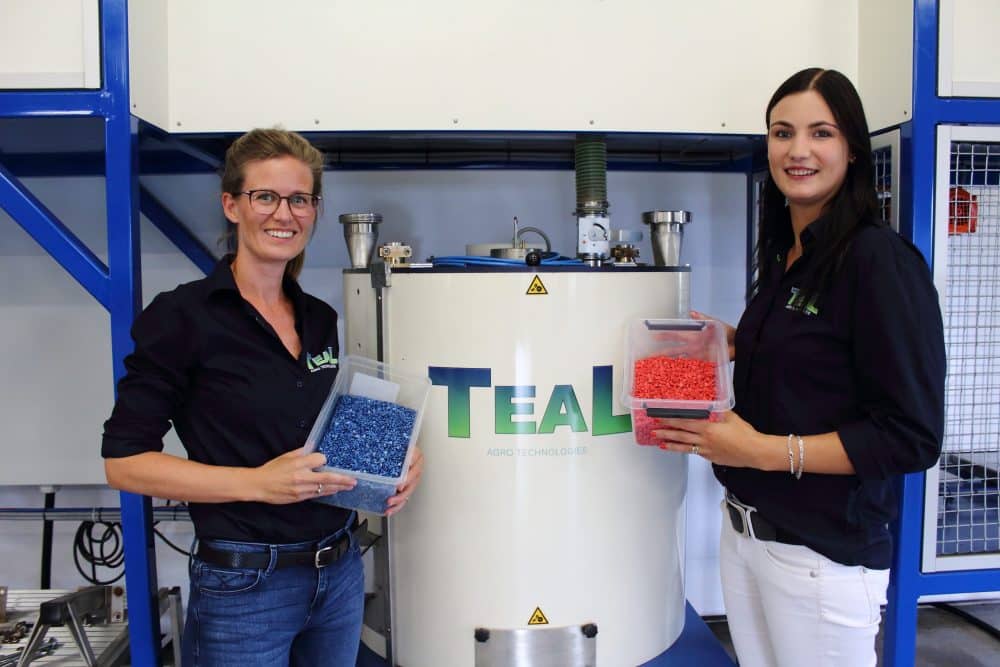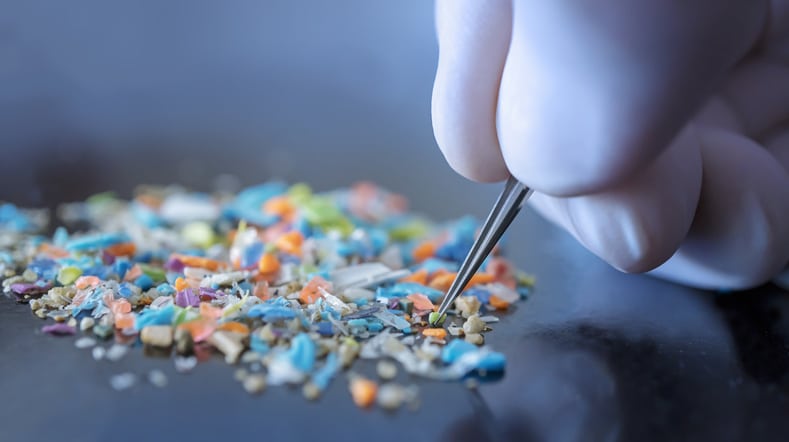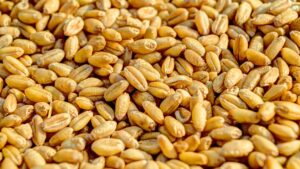Several researches show a disturbing effect of the use of (biobased) polymers as a seed coating. The seed industry needs alternatives because it’s clear that microplastic-free* seed coatings are the future. Conventional seed coatings won’t fit in a futureproof solution and become more and more obsolete. Fortunately, the microplastic-free coating is already available worldwide without compromising the quality of the products!
Coming to a microplastic free seed coating is a complicated process but there are excellent replacements on the market. It’s been said that there is no product available (yet). But microplastic free coatings are already used. Hectares of vegetable seeds as well as field crop seeds are sown nowadays with microplastic-free coatings. So why wait and be the late majority or the laggard in the seed industry?
Now it is the right moment to adapt, change the mindset and gain more information about the available alternatives. Ever thought about the fact that a polymer-based seed coating can show a significant drop in germination and root development? (Publication: Leiden University, Institute of Environmental Sciences and the Department of Biology, Woods Hole Oceanographic Institution “Microplastics accumulate on pores in seed capsule and delay germination and root growth of the terrestrial vascular plant” March 31, 2019) This on its own should be a reason to switch to a microplastic-free seed coating regardless of the environmental pollution into the soil which ends unfiltered in the groundwater. Environmental contamination by microplastics is now considered an emerging threat to biodiversity and ecosystem functioning.
Users of the conventional coatings are the victim but also the causers of their own disaster. Research shows that different types of (biobased) microplastics from chemical seed coatings in the soil decrease the root biomass (Publication: “Effects of Microplastics in Soil Ecosystems: Above and Below Ground’ Environmental Science & Technology by American Chemical Society” Sept. 11, 2019) which results in a poorer yield.
The term biobased doesn’t mean safe. Also, the biodegradability is of the outmost importance! How long will it take for mother nature to break it down? The ECHA (European Chemicals Agency) started the project to restrict the use of microplastics and biodegradability. Biodegradable in this restriction means 48 months! Most of the available seed coating products don’t get even close to this — dozens of years would be considered a short time of biodegradability.
Unfortunately it doesn’t stop here because latest studies show unexpected toxicity increase caused by microplastics in rice seedlings (Publication: “Microplastic particles increase arsenic toxicity to rice seedlings” by Agro Environmental Protection Institute, Ministry of Agriculture of China and Department of Civil and Environmental Engineering, Shantou University, Shantou 515063 China and The New Zealand Institute for Plant and Food Research Limited, New Zealand Dec. 2019).
*microplastic-free means unintentionally added microplastics in compliance with the ECHA definition
Knowing this all, please consider your futureproof choice. Alternatives are available worldwide. Start exploring your options with TeaL Agro Technologies. Our wide product range of seed treatment and equipment will get you futureproof!
info@teal-agrotech.com – Video-call by MS Teams – Call 0031-228 323 553













